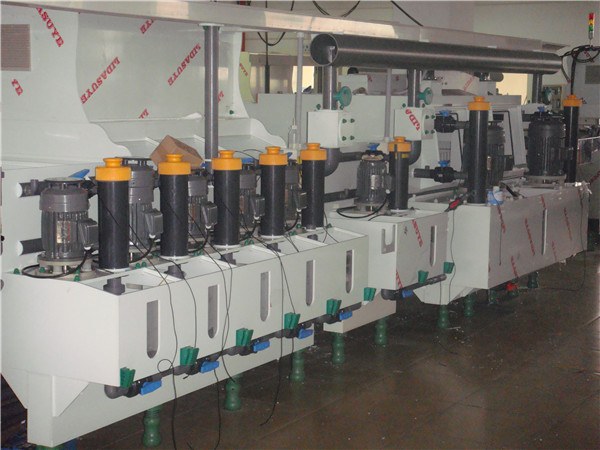ഒക്ട് . 22, 2024 04:38 Back to list
Exploring the Benefits and Applications of PVC Pipe in Modern Construction
The Versatility of PVC Pipes in Modern Construction
Polyvinyl chloride, commonly known as PVC, has revolutionized the construction and plumbing industries since its introduction. PVC pipes are an essential component of modern infrastructure, known for their durability, versatility, and cost-effectiveness. This article explores the numerous benefits and applications of PVC pipes, making them a preferred choice for various projects.
One of the primary advantages of PVC pipes is their resistance to corrosion. Unlike traditional metal pipes, which can succumb to rust and deterioration over time, PVC pipes maintain their integrity even when exposed to harsh environments. This durability ensures a longer lifespan, reducing the need for frequent replacements and maintenance. As a result, both residential and commercial property owners enjoy long-term cost savings when using PVC piping systems.
.
Beyond physical advantages, PVC pipes are also environmentally friendly. The production process of PVC pipes requires less energy than that of metal pipes, contributing to a lower carbon footprint. Furthermore, once installed, PVC pipes are recycled easily at the end of their lifecycle, promoting a circular economy. As industries increasingly focus on sustainable practices, the adoption of PVC pipes aligns well with eco-friendly goals.
pvc pipe

In terms of application, PVC pipes are versatile and can be used in various settings. They are commonly employed in residential plumbing, irrigation systems, and drainage solutions. Their smooth interior walls reduce friction, enhancing flow rates, which is particularly beneficial in irrigation systems for agriculture. With their ability to withstand high pressures, PVC pipes are ideal for transporting water and wastewater, making them a staple in municipal infrastructure.
Moreover, the use of PVC pipes extends to construction materials such as electrical conduit, where they protect electrical wiring from environmental factors. Their flame-resistant properties make them a suitable option for building applications that require compliance with fire safety regulations. The adaptability of PVC pipes to meet numerous building codes and standards further solidifies their status as a reliable choice for engineers and architects.
While the advantages of PVC pipes are numerous, it is crucial to consider their limitations as well. For instance, PVC is sensitive to extreme temperatures, which can cause it to become brittle. Therefore, careful consideration must be given to the environment in which they are installed. However, advancements in technology have yielded modified versions of PVC that can withstand higher temperatures and increased stress.
In conclusion, PVC pipes have become integral to modern construction and plumbing due to their myriad benefits. From their resistance to corrosion and lightweight nature to their environmental advantages and versatility in applications, PVC pipes continue to shape the landscape of infrastructure development. As industries move toward sustainable practices, the demand for PVC pipes is expected to increase, further securing their place as a preferred material in construction projects worldwide. Whether it’s for a residential renovation or a large-scale municipal project, PVC pipes provide a reliable and efficient solution, making them a staple in the modern construction toolkit.
-
Durable HDPE Sheet | Versatile & Impact-Resistant Plastic
NewsAug.13,2025
-
Premium PVC Soft Sheets: Clear, Flexible & Durable
NewsAug.12,2025
-
Premium PVC Round Rods: Durable, Chemical Resistant, Easy to Machine
NewsAug.11,2025
-
PP U-channel: Chemical-Resistant, Lightweight & Durable
NewsAug.10,2025
-
Transparent PVC Pipe: Clear Flexible Tubing for Fluids
NewsAug.09,2025
-
Durable PP Rigid Sheet: Versatile & High-Quality Plastic Panels
NewsAug.08,2025

